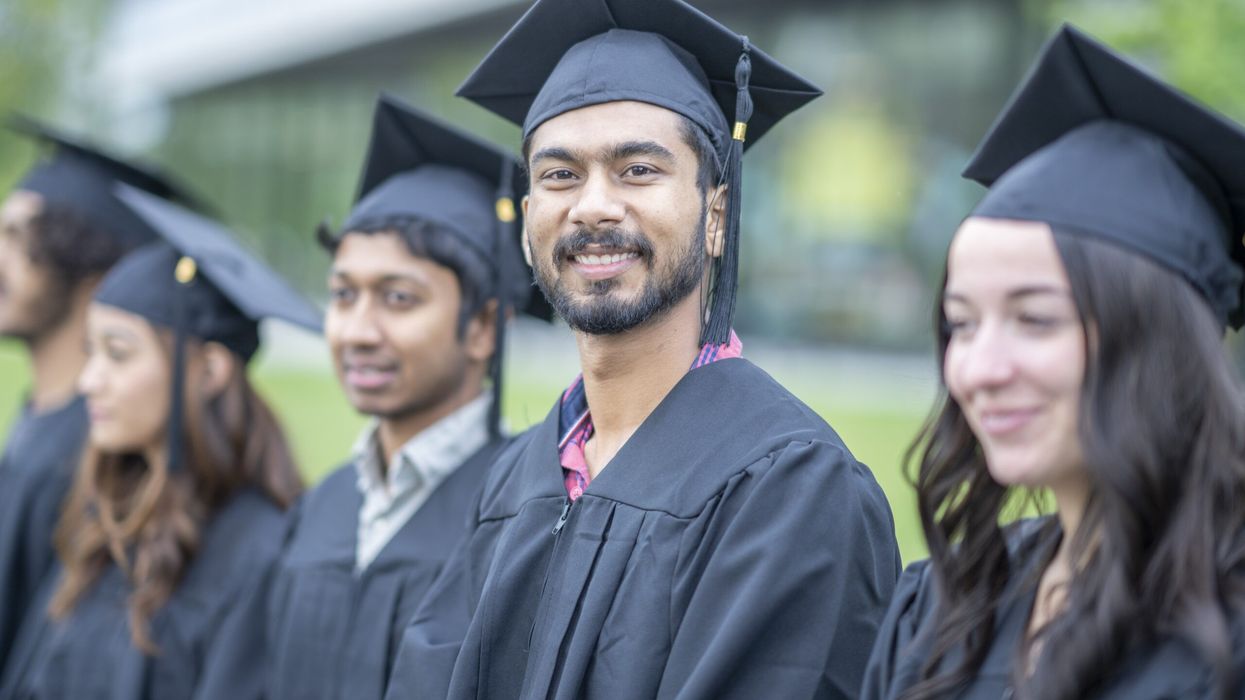While the UK government has been tightening immigration norms, the number of international students applying to undergraduate courses in British universities has gone up for the second consecutive year, according to media reports.
The latest data shows 115,730 students from outside the UK applied to start in September, up from 114,910 last year.
This increase comes despite Sunak Government last month limiting the ability of foreign students to bring family members with them. It was aimed at restricting people using the student visa as a backdoor route to work in the UK.
It also follows accusations that universities have lowered standards to recruit overseas students, who can be charged far more than UK students.
However, the number of international applicants remains below the high of 116,110 before the Covid pandemic. It fell over the next two years when international travel was restricted.
Universities and Colleges Admissions Services (Ucas) chief executive Dr Jo Saxton said the rise in international-student applications should "not be a cause of concern for prospective domestic students" because UK applications had also risen in recent years, BBC reports.
Most international students in the UK study postgraduate courses, but they are not reflected in the new Ucas data.
Vivienne Stern, chief executive of Universities UK, which represents 142 higher-education institutions, told BBC that the universities were "worried" overall international-student numbers could still fall.
While participating in BBC Radio 4's Today programme, she said that despite a rise in applications last year, there was a significant decrease in enrolments. "It's unstable and that's seriously bad for universities because... they need international students to fund domestic education," she added.
Stern also pointed out that the UK universities were facing competition from universities in the US and Australia.
A UK student pays up to £9,250 a year for undergraduate tuition, while international students pay around £38,000 per year for undergraduate courses and £30,000 per year for postgraduate courses.
In England, the tuition fee cap has risen only once since 2012 - from £9,000 to £9,250 per year. Universities are worried it is not keeping up with inflation.
Data from the Higher Education Statistics Agency, which represents both undergraduate and postgraduate courses, suggests the number of international student enrolments grew from 469,160 in the 2017-18 academic year to 679,970 in 2021-22. University of Oxford migration research has pointed out that this increase was driven by applications for postgraduate degrees.
A British Council report suggests the "post-Covid boom" in international student numbers would end this year, because of "rising political pressure against migration" and the increasing cost of studying in the UK.
Signs of pressure on universities' finances are already apparent, with job cuts recently announced at several universities, including the University of Aberdeen, which said it was facing serious financial challenges.




